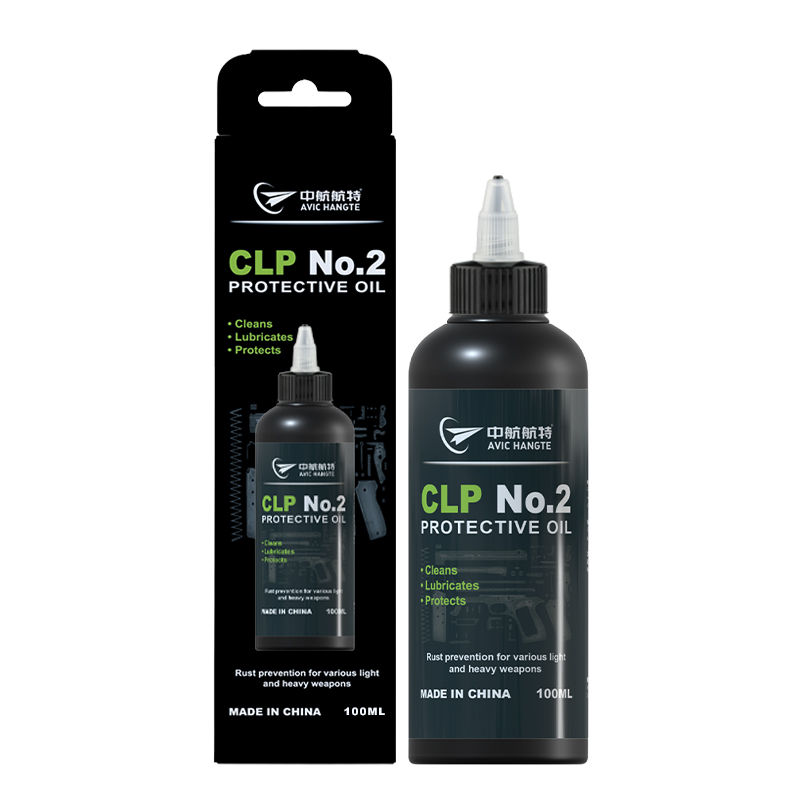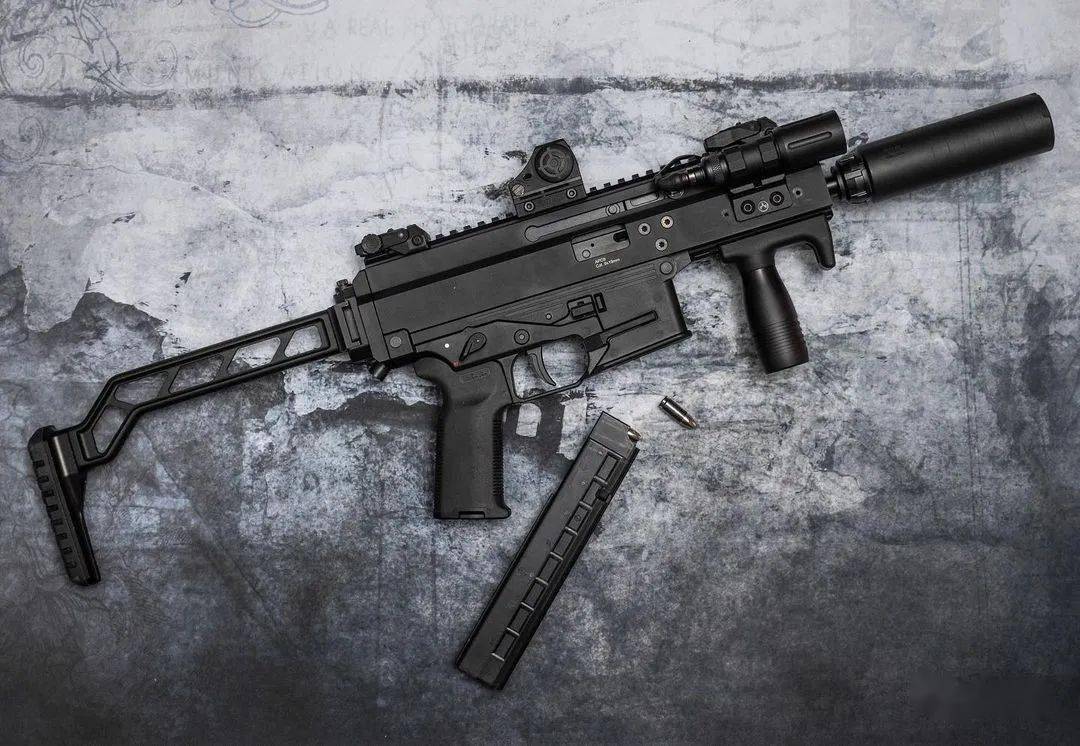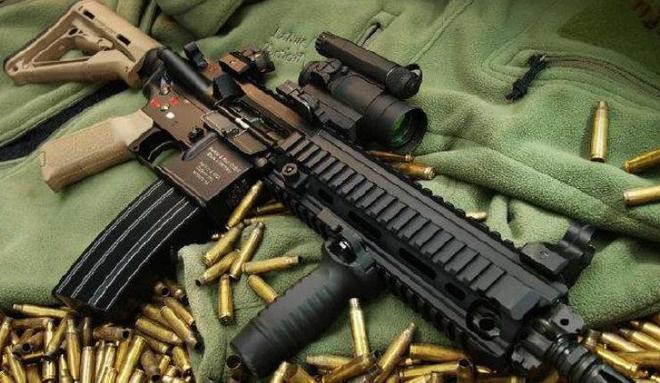| Dive into the World of Gun Oils: A Comprehensive Classification Guide |
| Release time:2025-06-21 16:01:30 | Views: |
[City], [Release Date], [Year] - Guns, as precision - engineered mechanical devices, demand meticulous maintenance to ensure optimal performance and longevity. One of the most crucial aspects of firearm maintenance is the use of appropriate gun oils. Today, we're delving deep into the various types of gun oils available in the market, helping firearm enthusiasts and professionals make informed decisions.
Lubricating Oils: The Smooth Operators
Lubricating gun oils are the workhorses when it comes to ensuring the seamless operation of firearms. These oils are designed to reduce friction between moving parts, such as the slide of a pistol, the bolt of a rifle, or the action of a shotgun. By minimizing friction, they not only enhance the smoothness of operation but also significantly reduce wear and tear on the components.
Formulated with high - quality base oils, often synthetic or highly refined mineral oils, lubricating gun oils can withstand the high pressures and temperatures generated during firearm use. For example, in high - volume shooting scenarios where the barrel can heat up rapidly, these oils maintain their viscosity and lubricating properties. Some advanced lubricating gun oils also incorporate additives like molybdenum disulfide or graphite, which further boost their anti - friction capabilities, allowing for smoother cycling of the firearm action even under extreme conditions.
Cleaning and Preserving Oils: Dual - Function Powerhouses
Cleaning and preserving gun oils serve a dual purpose. First and foremost, they are effective cleaners, capable of dissolving and removing fouling, carbon deposits, and other residues left behind by the combustion of gunpowder. These deposits can accumulate over time and impede the proper functioning of a firearm. The solvents within these oils break down the carbon and other contaminants, making them easy to wipe away.
Simultaneously, they act as preservatives. By forming a protective film on the metal surfaces of the firearm, they shield it from moisture, oxygen, and other corrosive elements in the environment. This is especially important for firearms that are stored for extended periods or used in harsh conditions. For instance, in coastal areas where the air is humid and salty, a good cleaning and preserving gun oil can prevent rust and corrosion from setting in, keeping the firearm in pristine condition. Brands like Hoppe's CLP (Clean, Lubricate, Protect) are well - known in the industry for their excellent cleaning and preserving capabilities.
Greases: The Heavy - Duty Option
While not strictly an oil in the traditional sense, gun greases play a vital role in firearm maintenance, especially for heavy - use firearms or in specific environmental conditions. Greases are thick, semi - solid substances that adhere well to surfaces. They are ideal for applications where a more tenacious lubricant is required, such as in high - pressure areas like the bolt lugs of a rifle or the pivot points of a revolver cylinder.
Gun greases offer long - lasting lubrication, as they don't run off or evaporate easily. This makes them suitable for firearms that are used in high - heat environments, where liquid oils might thin out or burn off. Additionally, their thick consistency helps to keep out dirt and debris, providing an extra layer of protection. However, they can be a bit more difficult to apply compared to oils and may require a brush or applicator. M - Pro 7 synthetic grease is a popular choice among firearm owners who need a high - performance grease for their weapons.
Specialty Oils: Tailored for Specific Needs
In addition to the three main categories, there are also specialty gun oils designed for specific types of firearms or unique operating conditions. For example, some oils are formulated specifically for black powder firearms. Black powder residue is highly corrosive, and these specialty oils are designed to not only clean but also neutralize the corrosive salts left behind by black powder.
There are also gun oils for use in extreme cold or hot climates. Cold - weather gun oils have a low pour point, ensuring that they remain fluid and effective even in frigid temperatures. Hot - weather gun oils, on the other hand, have high - temperature stability and won't break down or evaporate in sweltering conditions.
Understanding the different types of gun oils is the first step towards proper firearm maintenance. Whether you're a casual shooter or a professional in the field, choosing the right gun oil for your specific needs can make a world of difference in the performance and lifespan of your firearm. As the firearm industry continues to evolve, so do the technologies behind gun oils, promising even better solutions for firearm maintenance in the future. |






